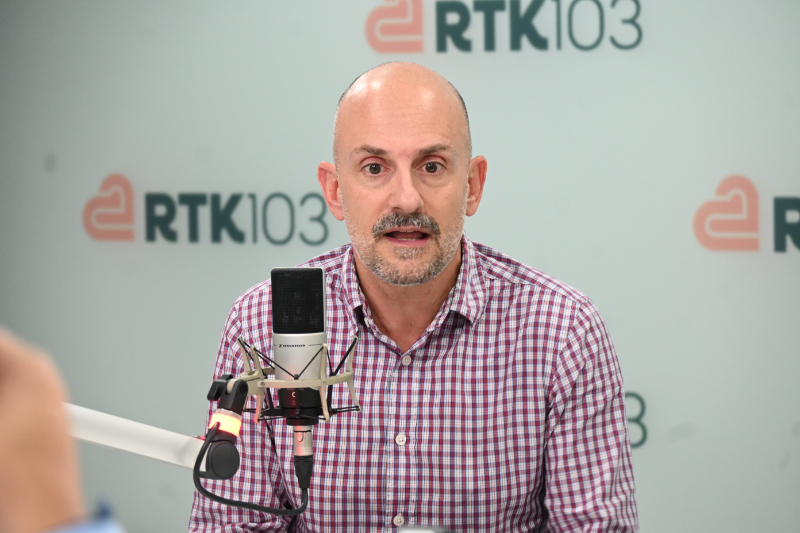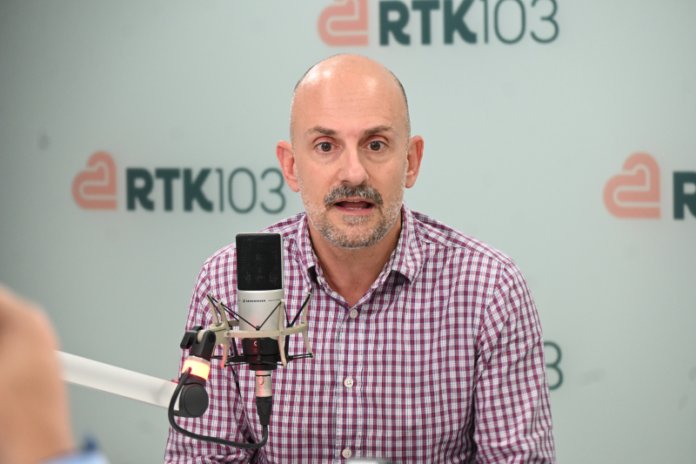Malta’s arts and culture scene continues to expand, attract audiences and generate economic activity, yet those working within it say the system supporting them remains fragile.
That was the dominant message during the latest episode of Attwalità on RTK103, where representatives from funding bodies, professional associations and a new workers’ union described a sector full of potential but weighed down by structural weaknesses.
Across the discussion, one theme stood out: the sector is growing, but the people behind it are not being adequately protected.
Funding rises while demand keeps growing
Rita Falzon, Head of Funding at Arts Council Malta, opened the discussion by acknowledging the reality many artists already understand: funding exists, but it is nowhere near enough.
Falzon confirmed that ACM distributed around €7 million in funding this year, with allocations expected to rise to €8 million in 2026. But she emphasised that the budget, while increasing “little by little,” remains limited for a sector covering everything from theatre and music to visual arts, digital media and community projects.
 Ritratt: Erika Lanzafame
Ritratt: Erika Lanzafame
Because of this, ACM must be selective. Falzon explained that the council analyses requests and sector needs before deciding which schemes to launch.
One example came from theatre operators repeatedly asking for support to repair deteriorating stages. “Many theatres need serious work,” she said, noting that ACM will open a dedicated scheme next year in response.
Audiences are showing up — but the workforce isn’t shielded
Toni Attard, director of Culture Venture, argued that the presence of funding reflects ongoing demand. “If there wasn’t interest, there wouldn’t be investment,” he said, pointing to Malta’s packed cultural calendar.
But Attard stressed that audience demand does not automatically translate into job security or fair conditions for cultural workers. He raised concerns about AI’s expanding role, calling it “a significant threat”. Current AI systems, he warned, learn from existing artworks and styles — often without permission — then produce new work without compensating the original artists.
A sector still fighting for recognition and basic rights
The fragility of the workforce was reinforced by Maria Galea, president of the Entertainment Industry and Arts Association, which represents more than 1,000 members across 12 different sectors.
 Ritratt: Erika Lanzafame
Ritratt: Erika Lanzafame
The association, she said, was born out of the pandemic, when the cultural community realised just how exposed it was. Its work now centres on three areas:
• Advocacy, especially on worker rights, funding and long-term planning
• Outreach and education, helping the public and policy-makers understand the sector
• Creating opportunities, including partnerships with European networks
Galea said stigma persists, with many still viewing cultural work as “not a real job” — an attitude that affects everything from pay levels to policy decisions.
Workers are still largely unprotected
This point was echoed by Matthew Attard, president of the union Solidarjetà, which recently launched a dedicated branch for cultural workers.
Attard said the union was created after repeated reports of poor conditions, unsafe venues and workers being left unprotected when equipment was damaged or insurance claims were rejected.
He described cases where photographers and videographers working weddings or events, often surrounded by crowds, alcohol and expensive gear — struggled to secure compensation for damaged equipment.
The union also performs health and safety checks when members report hazards, particularly in older theatres that may not meet modern standards.
 Ritratt: Erika Lanzafame
Ritratt: Erika Lanzafame
“These workers are the backbone of the sector,” Attard said. “But too often they’re left alone.”
Across the conversation, a clear picture emerged: Malta’s cultural sector is vibrant, in demand and expanding — but the systems that should be protecting its workers, regulating new technologies and supporting long-term development are not keeping pace.
The audience may be there, and the creativity unquestionably is. But without stronger structures, clearer rights, and a long-term vision, the people who power the industry risk being left behind.
Watch the full program here:

